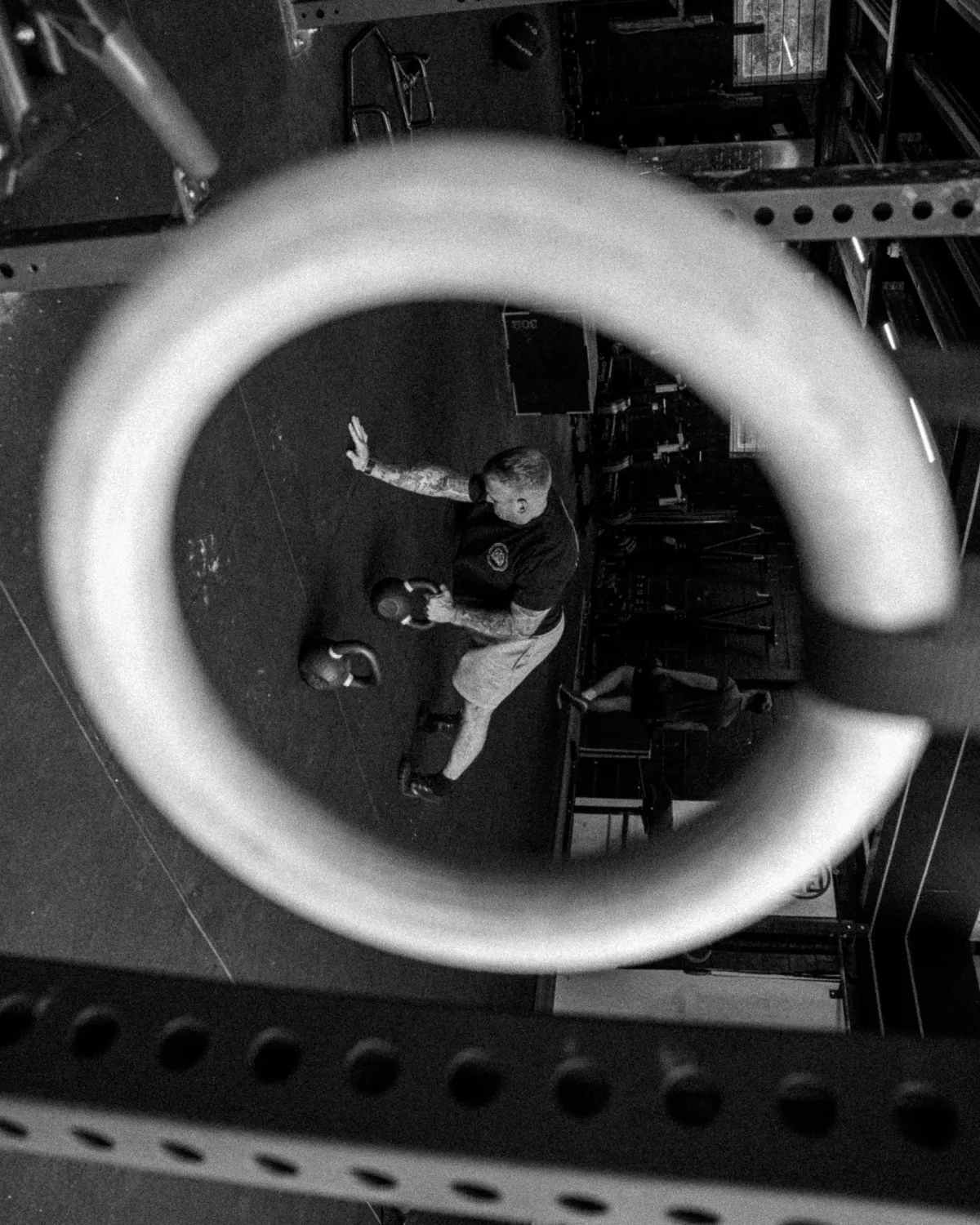
The Practise of Self Discipline
The Practise of Self Discipline
Self-discipline is the steady commitment to actions that matter, even when motivation wanes. It demands more than a fleeting burst of willpower, it calls for building habits that align with your purpose. At Kaizen Summit we view self-discipline as a skill you refine through daily routines, honest reflection and unwavering ownership.
Discipline Beyond Motivation and Willpower
Motivation ebbs and flows with mood and circumstance. Willpower relies on energy that can falter under stress. Self-discipline transcends both. It is the choice to act in line with your values, regardless of how you feel in the moment. This steadfast behaviour anchors your progress when enthusiasm fades and fatigue sets in. It embodies Continuous Improvement, as each disciplined action compounds into lasting capability.
Structured Routines as Your Foundation
Routines transform discipline from effortful to automatic. By carving out consistent slots for key tasks, whether morning planning, midday reviews or evening reflection, you reduce decision fatigue. Think of these routines as personal Standard Operating Procedures. They free mental bandwidth for critical choices and reinforce Structured Guidance in your day. Over weeks, these actions shift from obligation to instinct.
Habits Forge Identity
When disciplined actions repeat, they become part of who you are. A daily journal entry, a ten-minute skill drill or a brief movement break embeds itself into your sense of self. You no longer ask, “Do I have time to practice?” You simply practice, because that is what you do. This alignment of identity and action fuels Skill Mastery and makes self-discipline feel natural rather than forced.
Overcoming Setbacks with Reflection
No growth path is without stumbles. Missed sessions or slipping standards are invitations to learn, not reasons to quit. Each setback offers insight into triggers and blind spots. Pause to analyse what went wrong, were your routines too ambitious? Did you neglect recovery? This reflective pause embodies Continuous Improvement, guiding you to adjust your approach and recommit with renewed clarity.
Physical Resilience Supports Discipline
Your body underpins your discipline. Poor sleep or lack of movement erode focus and dampen motivation. Regular exercise, adequate rest and proper nutrition fortify your Physical Resilience. Short, intentional breaks, standing during calls or walking between tasks, energise both body and mind. When your physical state supports your routines, disciplined action becomes more sustainable.
Anchoring Discipline in Service and Ownership
Self-discipline serves a purpose beyond self-improvement. It equips you to lead others through uncertainty and to model ownership in your community. When you honour your commitments, you earn trust. Your team sees that discipline is not about rigid rules but about reliable performance and mutual accountability. This service-centred approach strengthens Community Connection and inspires others to follow.
Practical Steps to Embed Self-Discipline
Choose one routine to establish this week - a fixed planning session, a short skill practice or a recovery pause. Protect it as you would any high-priority task. Track your adherence and reflect on its impact at week’s end. Use those insights to refine your next routine, ensuring each step builds on the last. This iterative cycle turns disciplined actions into deep habits.
Call to Reflect
Which routine will you commit to today? How will you ensure you honour it when challenges arise? Share your plan with a peer or mentor and schedule a brief check-in next week. Remember, self-discipline is a journey of small, consistent steps that lead to profound change.
Start now. Build your discipline one action at a time, and watch it become second nature.
